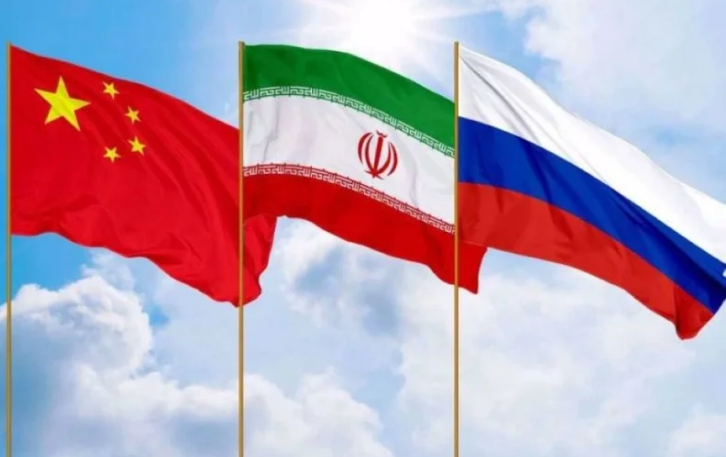China, Russia, and Iran reiterated their joint commitment to a diplomatic and political resolution of the Iran nuclear issue, calling for mutual respect and constructive dialogue as the only viable approach to resolving longstanding concerns surrounding Iran’s nuclear program.
The reaffirmation came during a joint meeting in Vienna attended by China’s permanent representative to the International Atomic Energy Agency (IAEA), Li Song, IAEA Director General Rafael Grossi, Russia’s representative Mikhail Ulyanov, and Iran’s envoy Reza Najafi.
In a statement following the meeting, representatives from the three nations underscored the critical role of the IAEA in facilitating progress. They emphasized that the agency, under the leadership of Director General Grossi, possesses the technical expertise and impartiality necessary to support diplomacy and ensure a constructive path forward.
Li Song stated that both China and Russia support Iran’s engagement with the IAEA and back Tehran’s efforts to enhance dialogue and cooperation with the agency. “China appreciates Iran’s commitment not to pursue nuclear weapons and respects its right to the peaceful use of nuclear energy,” Li said, according to China’s Xinhua News Agency.
He also highlighted Beijing’s continued encouragement for Iran to maintain discussions with all relevant parties, including the United States, to safeguard its legitimate rights and resolve disputes through negotiation.
Li added that China is ready to deepen its collaboration with Russia, Iran, and the IAEA to bring renewed momentum to diplomatic efforts and help defuse tensions over Iran’s nuclear program.
The meeting comes amid ongoing concerns over Iran’s nuclear enrichment activities and stalled negotiations to revive the 2015 Joint Comprehensive Plan of Action (JCPOA), from which the United States withdrew in 2018. Since then, efforts to restore the deal have faced repeated setbacks.
While Iran has consistently stated that its nuclear program is for peaceful purposes, Western nations have expressed alarm over the country’s increased uranium enrichment levels.
China and Russia, both signatories to the JCPOA, have continued to advocate for the deal’s full restoration and oppose additional sanctions or pressure-based tactics. The three countries used the Vienna talks to push for a multilateral diplomatic framework and to stress the importance of dialogue over confrontation.
The meeting concluded with a shared pledge to continue consultations and uphold the authority of the IAEA in efforts to monitor and verify Iran’s nuclear activities within the framework of international agreements.


